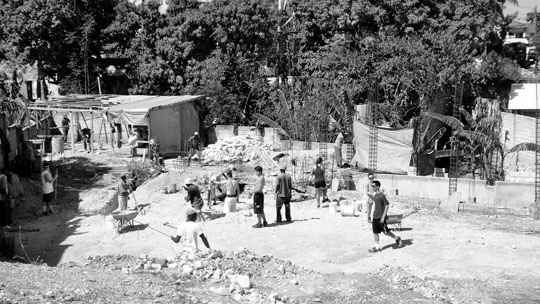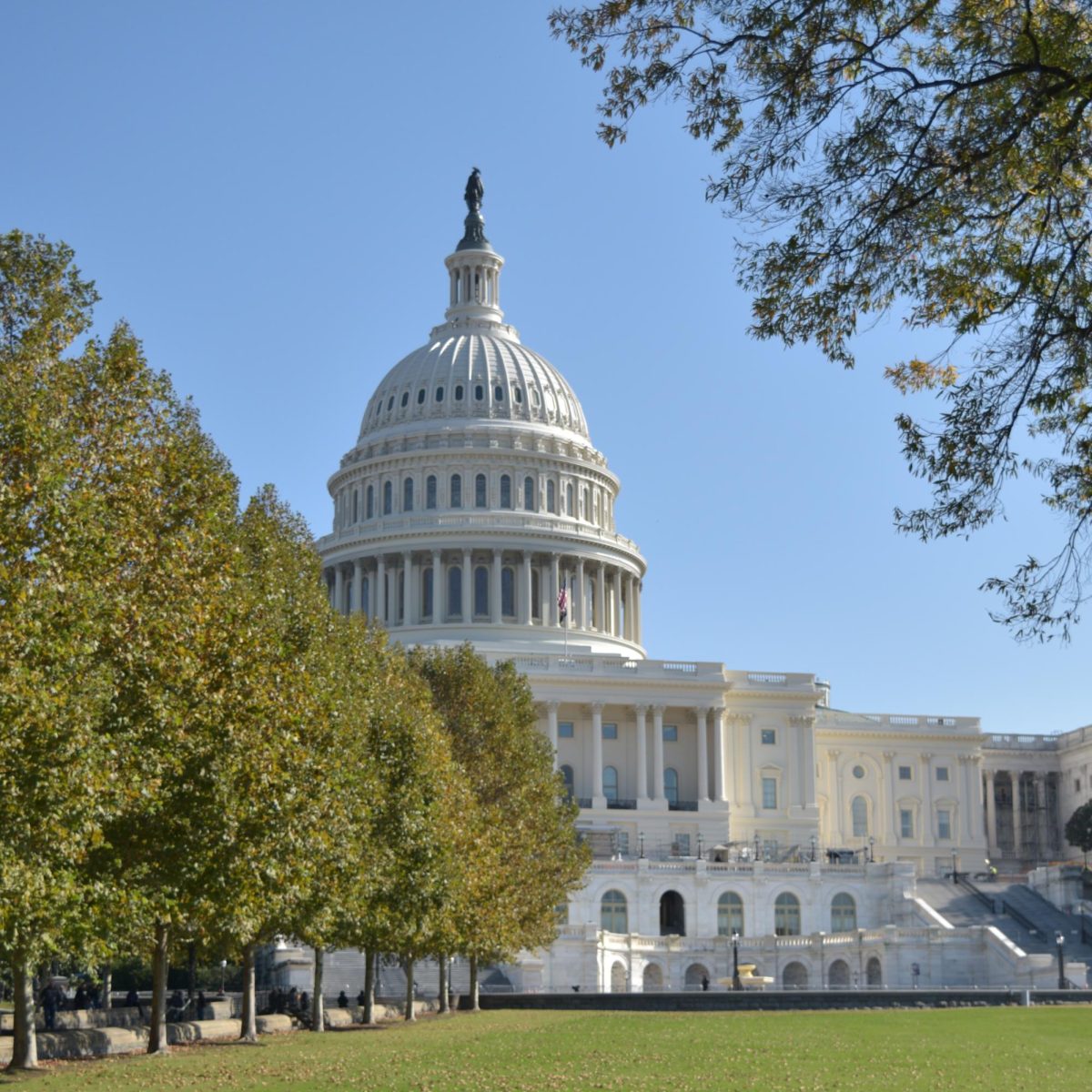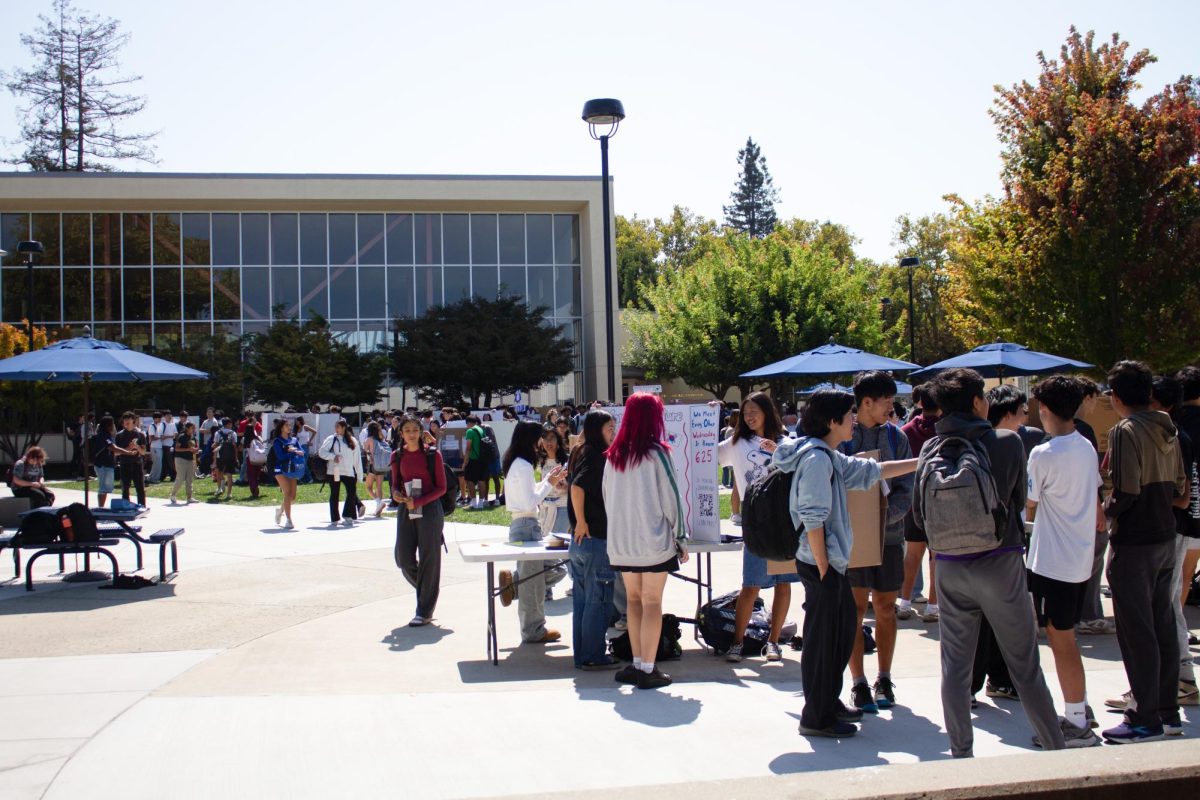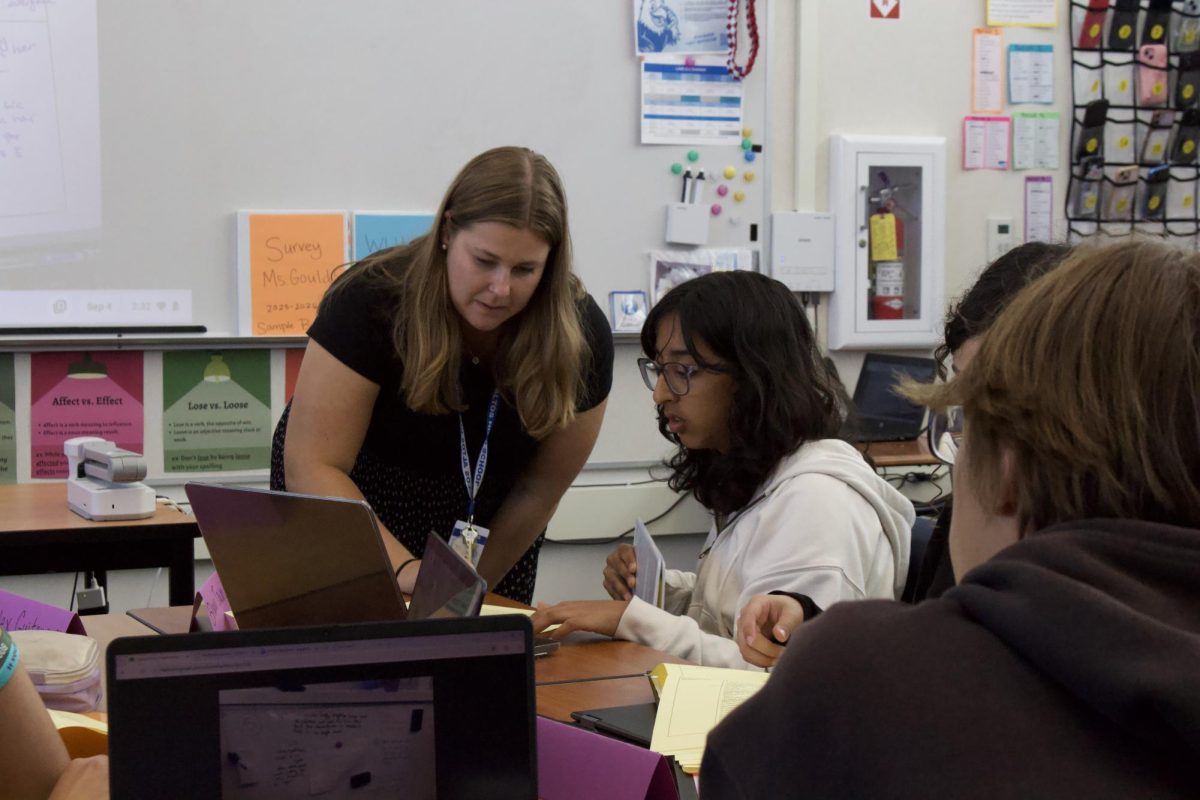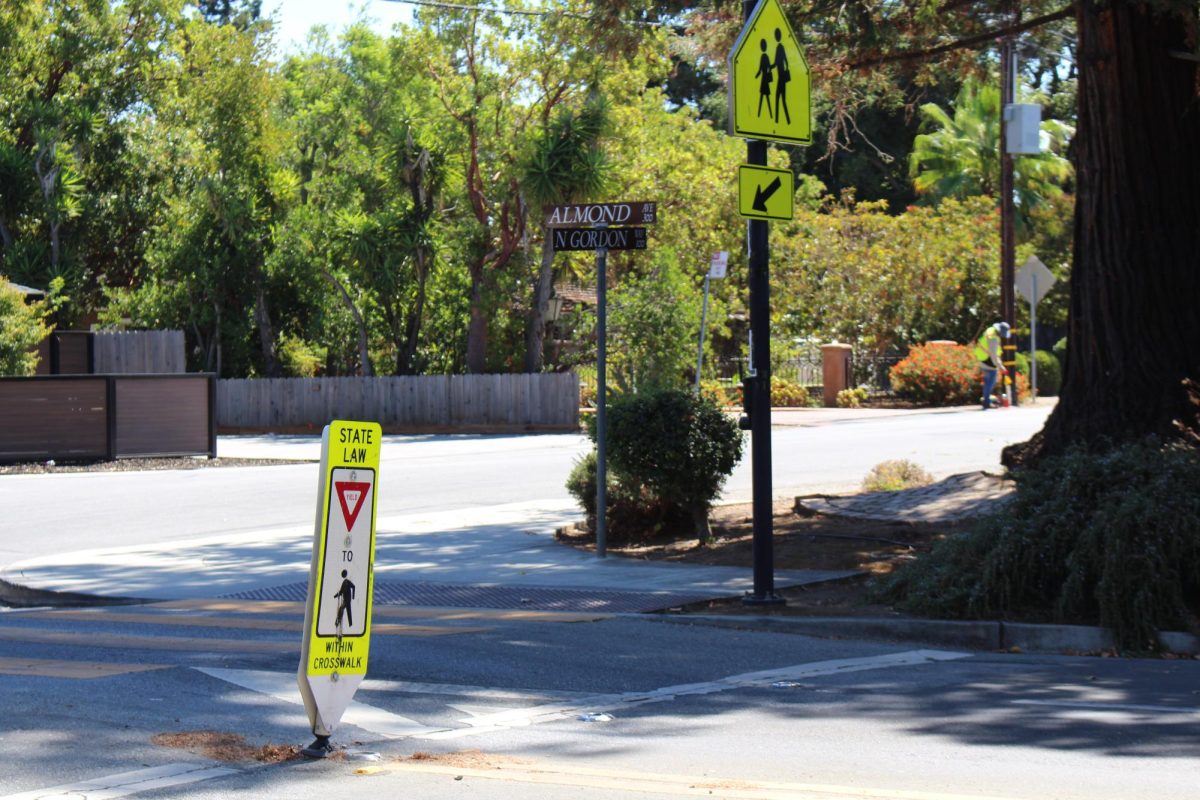Over winter break, members of the Haiti Solidarity Club (HSC) and chaperones traveled to Haiti. They distributed $100,000 worth of medical supplies to grassroots organizations and hospitals and worked on our sister school, Society of Providence United for the Economic Development of Pétion-Ville (SOPUDEP). They also visited activists and organizations to listen to their opinions on the Haitian government.
This is the fourth time HSC has traveled to Haiti since the 2010 earthquake devastated the nation.
“We hold mostly the same objectives as the last three times, simply to help build as much as we can in the week we have in Haiti, and to gather as much information as we can about their social, economic and political issues,” senior Ellie Baer said.
Before beginning their volunteer work, the 21 members and 4 teachers on the trip traveled from the airport to the outskirts of the Haitian capital, Port-au-Prince. Two years after the earthquake, parts of the Haitian capital are still in ruins.
“Trash lines each street and people are seen bathing in the sewage on the side of the street,” junior Amanda Spielman said. “These images are no different than what people make Haiti out to be and there is a definite culture shock that is felt by being there.”
The group stayed with SOPUDEP director Rea Dol and her husband, Bataii. Over the course of the next few days, the group worked at the new site for SOPUDEP and prepared a detailed plan for constructing a new building.
“It was amazing being able to compare lives of American versus Haitian students,” senior Olivia Santiago said. “Meeting with the SOPUDEP high schoolers helped me develop a greater appreciation for the schooling I receive in America.”
The group also visited the Aristide Youth Foundation to deliver the medical supplies. The Foundation then sent the supplies to the Medical School of UNIFA and local hospitals.
“For me, the medical school was a definite highlight because the Haitian youth are so talented and devoted to rebuilding Haiti,” Amanda said.
The group also visited two tent cities, or communities, where Haitians went to live after the earthquake destroyed their homes. One tent city, Cite Soleil, has a program called Sakala to promote peace and unity among youth.
The group returned home on February 26.
“I know I speak for everyone who went on the trip when I say it is truly impossible to tell anyone what Haiti was really like, whether it be a sentence, a three-hour conversation or through a video,” senior Laura Delamare said. “No news report, documentary or book will ever be able to portray the poverty, suffering and corruption in Haiti.”
To raise money, HSC held multiple fundraisers. Parent volunteers Peggy Schaefer and Deb Strichartz collected and donated medical supplies from a local organization.
Yet it will take contributions on a much larger scale before the nation fully recovers.
“What we saw in Haiti was shocking,” junior Louise Stephan said. “The trash, the rubble and the kids on the street washing cars for money—the poverty is so extensive it was at times overwhelming.”
Part Two: Haiti’s Status
Haiti is the poorest country in the Western Hemisphere, with an average income of $1,200. The catastrophic 2010 earthquake is the primary cause of the country’s recent indigence, and Haiti’s sluggish recovery has exacerbated the country’s economic problems.
A study conducted by the Inter-American Development Bank estimated the damages caused by the earthquake to be between $8 and $14 billion, and a Haitian government assessment reported the death toll to be 316,000. In October 2010, a cholera epidemic struck the already suffering nation. Inadequate water and sewage treatment have contributed to the spread of the disease.
The chaotic political situation in Haiti has led to insufficient recovery after these traumatic natural disasters. The popular democratic president Jean-Bertand Aritside was overthrown twice, first in 1994 and again in 2004.
“What we found, and we’re by no means alone in this finding, is that the U.S. government under both Democratic and Republican administrations has consistently undermined and opposed democracy in Haiti as it has in many other Third World countries, and that the U.S. has prioritized the interest of corporations over and above the well-being of the Haitian people,” Donnelly said.
Aristide brought significant reform in his time. More schools were constructed during his presidency than there were in the 150 years prior and the minimum wage was doubled. In addition, the Haitian army was disbanded, women’s rights gained considerable ground and health care was extended to more of the population.
Under the current president, Michel Martelley, a new class of workers known as non-governmental organization (NGO) workers has emerged. The NGO workers are foreigners who are employed by non-domestic corporations, such as the Red Cross, and are sent to Haiti to carry out projects.
Out of every dollar donated to foreign corporations in an effort to help Haiti, $.60 goes to paying the expenses of the NGO workers. This decreases the overall impact that NGOs have on the Haitian people.
“It can mean paying for room and board for the NGO worker, providing nice transportation,” Donnelly said. “There’s over 10,000 NGOs now operating in Haiti. NGO workers go to fancy stores, live in conditions far above the average Haitian, drive nice vehicles throughout Port-au-Prince [and] carry out projects that sometimes have real benefit but often times not.”
It will be neither foreign investment nor the Haitian government that will revitalize the nation. It is the Haitian people, who have endured so much in exchange for only sporadic bursts of progress, whose united presence will become the driving force behind change in Haiti.
“In Haiti, the concept of selfishness doesn’t exist,” Olivia said. “It’s never a ‘me first’ mentality, it’s always ‘we’re all in this together. People take care of each other in Haiti, and despite all of the terrible setbacks they have faced, they sing, dance, smile and laugh more than any other people I have known.”



